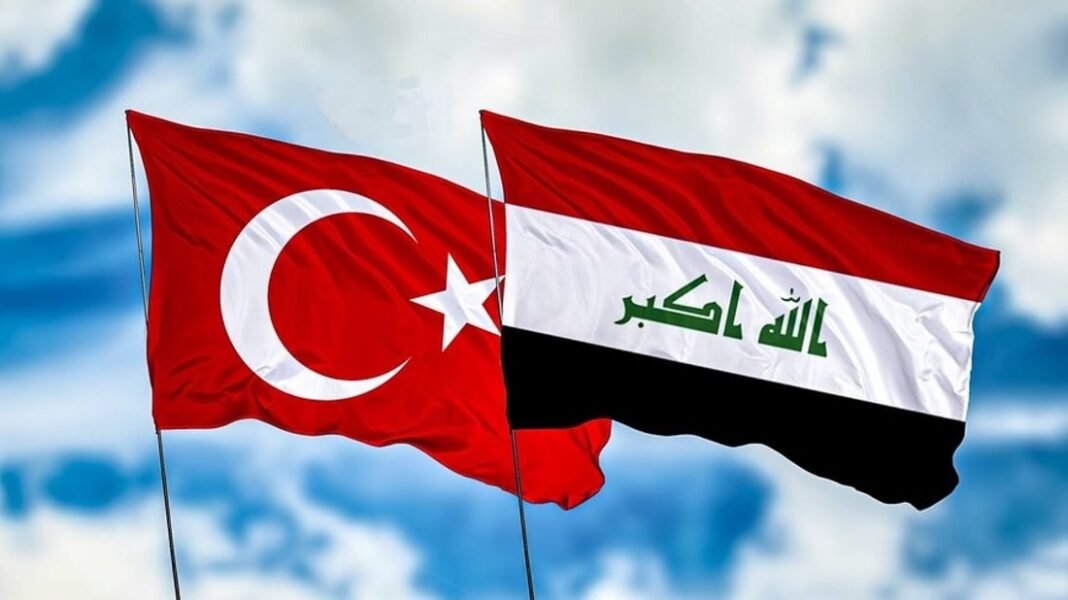Iraq-Turkiye Oil Talks have started early about resuming crude oil exports through the Port of Ceyhan. These discussions center on a new deal that could replace the now-canceled 1973 pipeline agreement. A major issue in these talks is Turkiye’s push for higher oil transit fees. The country wants to increase the fee to $2.5 per barrel, up from the previous range of $1 to $1.5.
Additionally, Iraq oil exports remain a critical point of negotiation between both nations. These talks follow a long halt in exports through the Kirkuk–Ceyhan pipeline. Before the stoppage, Iraq had been sending around 500,000 barrels per day. The oil came from Kirkuk and the Kurdistan Region.
Iraq halted these exports after winning an international arbitration case. The court ruled that Turkiye violated the 1973 oil agreement by allowing exports without Baghdad’s approval. As a result, the pipeline has not been used since then, despite its ability to handle up to one million barrels per day.
The current negotiations remain in an early phase. No formal terms or written agreements have been proposed yet. However, both countries understand the economic importance of restarting exports.
Iraq oil exports through this route are vital for Iraq’s economy. Iraq-Turkiye Oil Talks provide access to global markets and generate significant revenue. Restarting this pipeline could strengthen Iraq’s position in international energy trade.
Still, security remains a challenge. The Kirkuk–Ceyhan pipeline has faced many problems over the years. Between 2004 and 2015, it suffered repeated sabotage attacks. These incidents caused damage, losses, and delays in oil transport. Iraq and Turkiye will need to improve security and infrastructure to make the route reliable again.
The recent decision by Turkish President Recep Tayyip Erdogan to cancel the 1973 agreement marked the end of a historic energy chapter. It also opens the door for a fresh deal that reflects today’s political and economic landscape.
If the two nations can agree on new terms, Iraq oil exports could once again flow through Ceyhan. This would benefit both sides—boosting Iraq’s oil income and allowing Turkiye to collect higher transit fees.
In short, the future of Iraq oil exports depends on the success of these negotiations. A stable, secure, and fair agreement could revive this key export route and strengthen Iraq-Turkiye energy ties.


